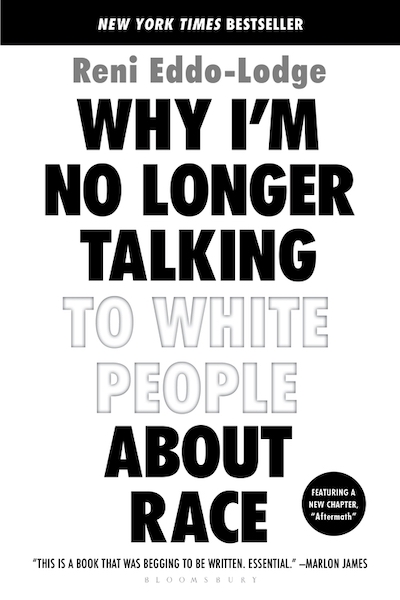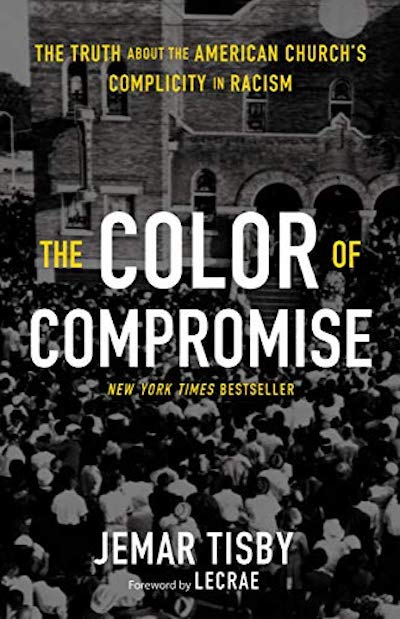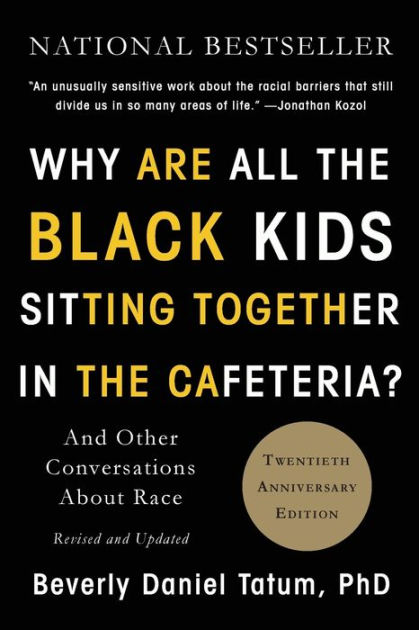Why I’m No Longer Talking to White People About Race offered me a nice view into how racism has specifically affected England, but still addresses key issues in a way that can clearly be applied globally. I really enjoyed the voice of Reni Eddo-Lodge and found this book to be very similar to the way that Ijeoma Oluo wrote So You Want to Talk About Race.
As an American, the beginning of this book was fascinating because it used examples of systemic racism from England instead of the many instances and examples I’ve seen and heard based in America. Starting the book off on that note did a good job of expanding my view of race from just one in the US to one that can been seen as ultimately a global issue, especially in white dominated countries such as the US, England, and most of the European Union.
Besides just writing from another different angle and perspective, I really enjoyed Reni’s explanations of how she’s found race to be tied into politics, feminism, and class.
Her chapter on white privilege covered a lot of the normal aspects of the topic well, but also expanded on white privilege’s involvement and relation to “liberals” and the parents of mixed race children. I enjoyed her analysis of a sentiment I see far too often on social media, where conservatives, and even white liberals tend to focus on a few select quotes from people like Martin Luther King Jr. to push the idea that discussions on racism have shifted more to be an attack on white people, and that the relatively small improvements and change that have already been gained are enough.
She also writes about an example of one of her mixed race friends who talks of the disconnect she has to have in talking with her white mother about racism and it personally convicted me and made me realize that it is something I will definitely have to acknowledge and actively discuss with my future kids.
Another chapter contains an interview with a major British voice behind anti-immigration and race mixing, Nick Griffin, where Reni recaps an entire phone interview with him where she tries to understand his fear of immigrants and minorities gaining a potential majority of England’s population. The interview was the basis of an entire chapter focused on the fear of a black planet.
Reni Eddo-Lodge wraps up the book with more important discussion on the intersectionality of race with feminism and class, specifically from the perspective of a Black woman.
While I found the first two chapters of the book to be a bit slow, I realized that the set up the background for the rest of the book which does an excellent job discussing the key topics that I’ve mentioned in this review. Each of the final five chapters offered so much individually and like I mentioned above, Reni’s voice and perspective really brings them all together really well.
I learned a lot from reading this book and it is definitely another book on race that I highly recommend everyone read. The way the book it written makes it very easy to read, and the deep explanation of key topics makes it just as easy to understand and I took away several key points for topics that I’ve already read about from others as well.




